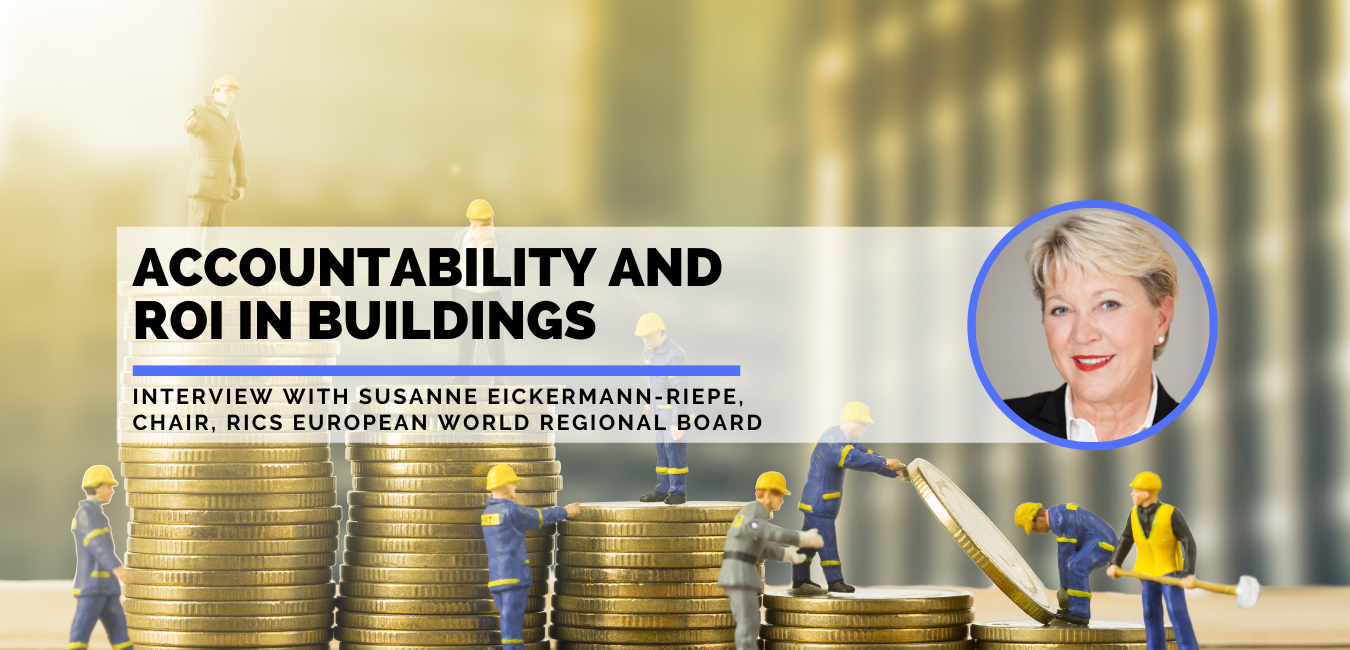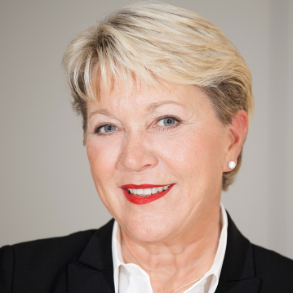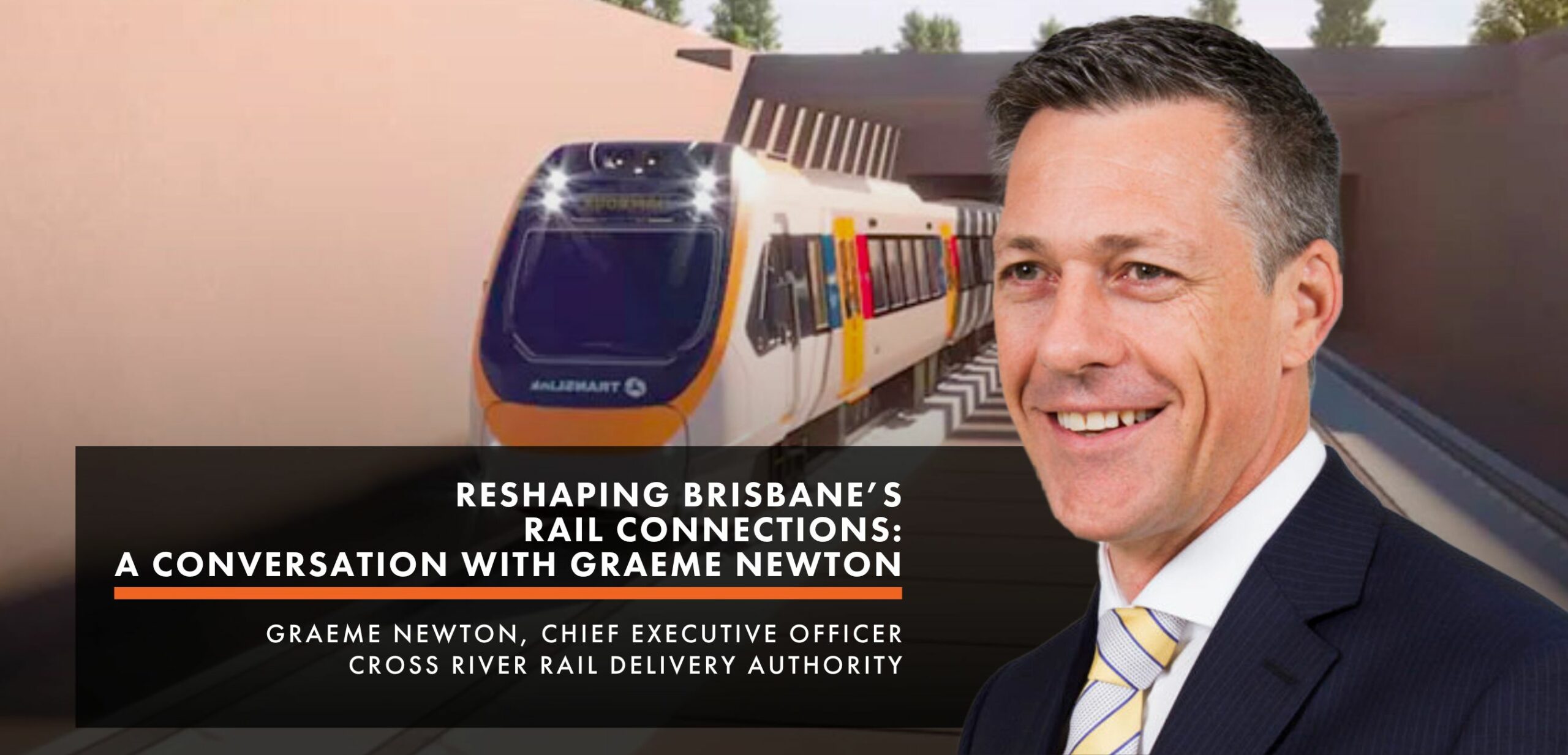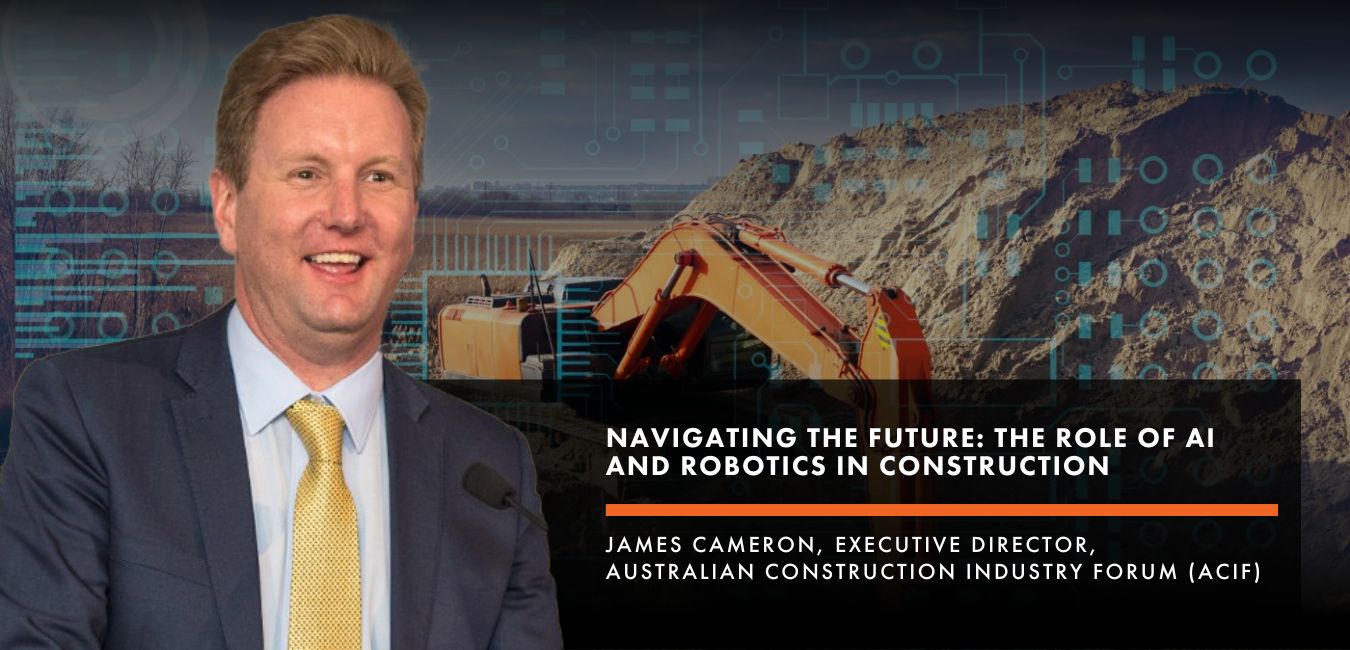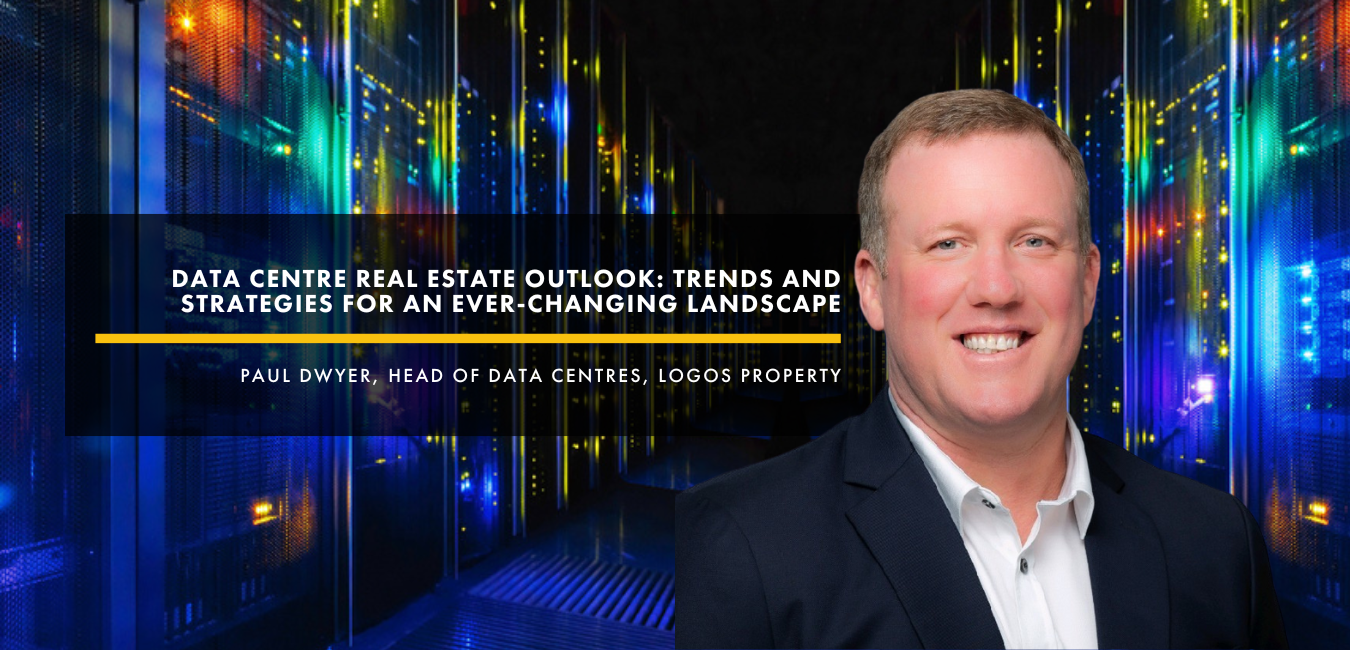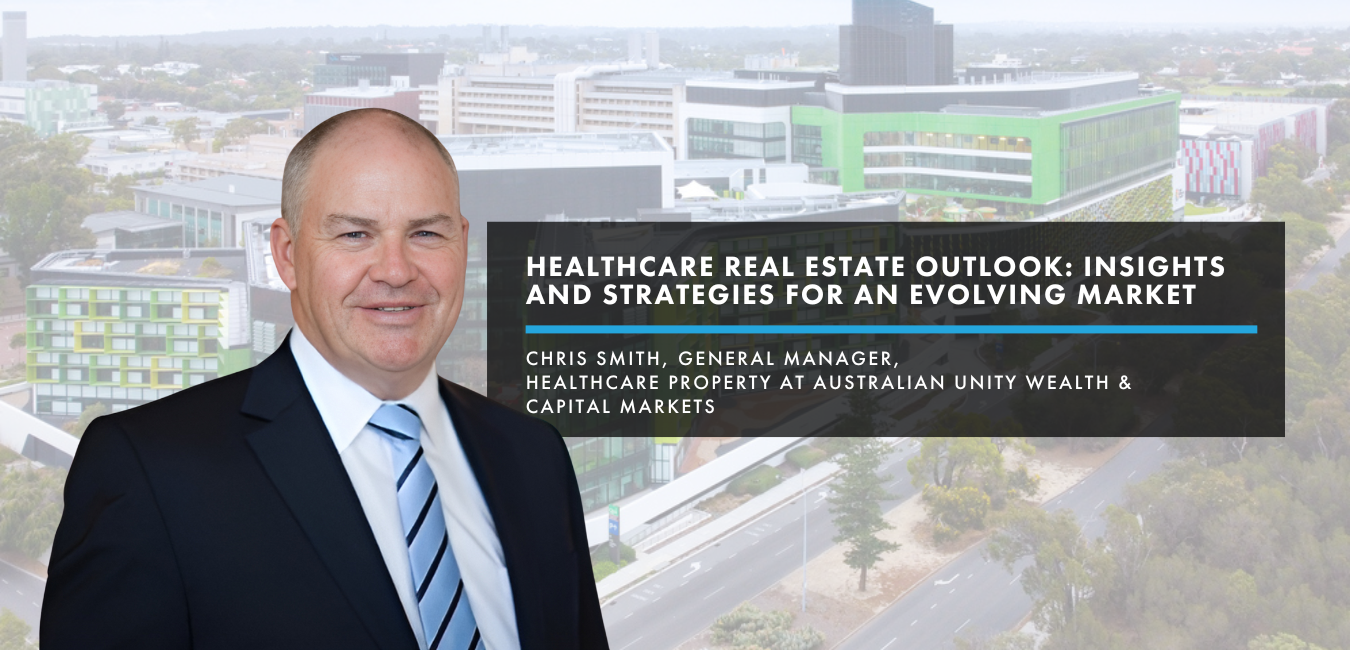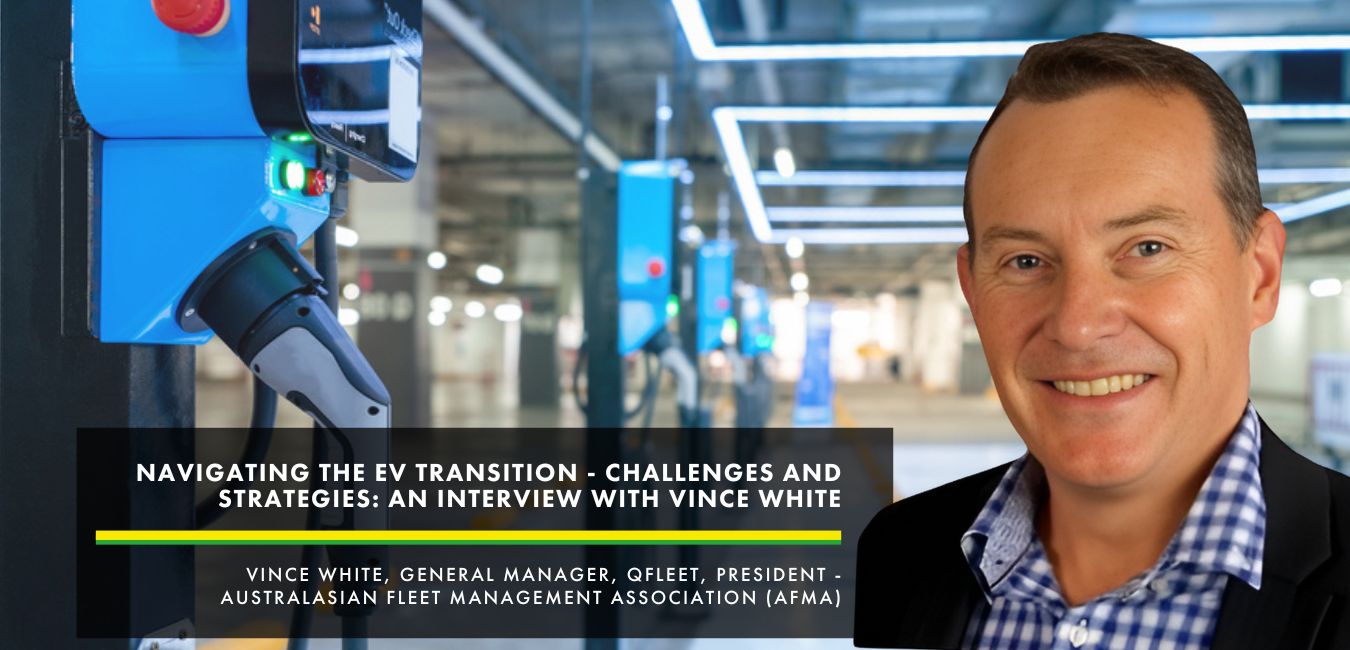Accountability and ROI in Buildings
Susanne has spent almost 30 years around the world working in real estate and is considered a great expert source in real estate values, policies, and governance. We squeezed in Susanne’s busy schedule to chat about incentivizing buildings to reduce their energy, the carbon footprint of new construction, the value of reputation, and more.
FuturePlace: What are some of the initiatives and organizations you’re involved with?
Susanne Eickermann-Riepe: The world is changing and the real estate industry must make an effort not to lose touch. I am currently active with RICS (Royal Institution of Chartered Surveyors) and ICG Institute as a board chair to better embed the standards, values, and, of course, the topic of sustainability in the real estate industry. I have also developed an IMPACT format to discuss important and critical future issues with the industry.
RICS is a global organisation with over 130,000 members and an important standard setter for valuation issues; I bring in the global and European networks from my time at PwC. The ICG Institute is a think-and-do tank with an exclusive membership. They focus on developing important values and governance issues, but also accepting our own responsibility and commitment to societal and social issues. Finally, I assist in advisory roles or contribute to boards of directors.
FP: What drove you to your chosen career and path?
SER: I have always been interested in the built environment and not only because my father was an architect. Real estate is an asset class that is not only financially attractive but it’s also a very emotional one. It’s the space we choose to work, live and play. Real estate shapes cities and societies. I look at the space as a very large and complex playing field and this complexity interested me. I was also intrigued with the opportunity to work in advising investors, owners, fund managers, and cities. In almost 30 years, I have had many experiences and gained unique insights in so many countries. Twenty of those years I spent as a partner at PwC and no other profession would have offered me a similar experience.
FP: Those sound like very transformational and impactful experiences. How do you think the built environment can positively influence the future?
SER: The first thing to note is that the built environment has not recognised its role in sustainability for a long time. In reality, the majority of real estate is damaging the climate and our entire future if we continue as we are.
With that in mind, I am very cautious to put non-financial aspects of buildings on equal footing with financial considerations. Managers must recognise their responsibility. They are, of course, allowed to achieve good economic results with their decisions, but it should not be done at the expense of minimum social or environmental standards. Granted, this will be a long learning process, but it will help the planet and the people. It will also generate further growth.
FP: That’s an important statement, that economic success can be possible with respect to social and environmental priorities, too. How can buildings be incentivized or pressured to improve their energy usage and efficiency?
SER: The EU Green Deal regulation shows how it can be done: Redirect economic activity towards sustainability. In order to implement this, they use the banks, which are supposed to divert capital flows into sustainable investments. The pressure on financing conditions will increase but in the end, it is the owner who decides. So here, too, pressure is exerted via the fiscal framework conditions and the CO2 tax. The discussion to remain 50% of the CO2 tax with the owner, was canceled. Not a good sign for sustainability-focused owner activities. However, the decisive component will be the user and social pressure. Those who evade user wishes will no longer be able to sell or rent their products and those who gamble away society’s trust will suffer in terms of reputation. Neither is good for business.
FP: There are many places to start when making improvements so where should buildings start when it comes to improving their operations?
SER: It’s not just the operation of buildings that we need to consider when it comes to improvements; it starts with the design of new buildings. The carbon footprint is so bad in new construction that it could run an existing building for 30 years. There are also questions about materials used and sealed surfaces. The internal impact in the direction of health and wellbeing must not be forgotten either, as well as integration and networking with the surrounding area.
I am convinced that the existing system of coordinates in the real estate industry must change. It’s not only a matter of reducing energy consumption but also about converting buildings into energy dispensers. More than 90 percent of buildings that will be standing in 2050 already exist and many of them will still be in operation. Now is when we need to start and renovate these buildings to make them more energy-efficient. The impact is big.
Any new construction that pollutes the environment is not an option and we cannot forget about the social and human components. For a long time, the social aspects were not taken into account; there was no budget for good neighbourhood management and social infrastructure was not on the list. There are good examples where this has changed, but there are still far too few.
FP: What are some lessons you have learned in the last 10 years that can be used for future improvements?
SER: Be open and flexible! Framework conditions can change, new risks have to be managed, and new opportunities have to be seized. Have the courage to say yes and to dare to try something new, but keep a positive attitude. Don’t let it get you down, even if something doesn’t work out. Another tip I would share is to be accessible for your employees and partners. Listen even if opinions differ. Think positively and always learn. We could all be better for it.
ESG in Real Estate Summit
Susanne spoke at the ESG in Real Estate Summit in 2021. Attendees got insights on how to create a future-proof construction and real estate sector that contributes to solving the biggest challenges facing society.
Learn more about the 2022 program and speakers taking place June 8-9, 2022

